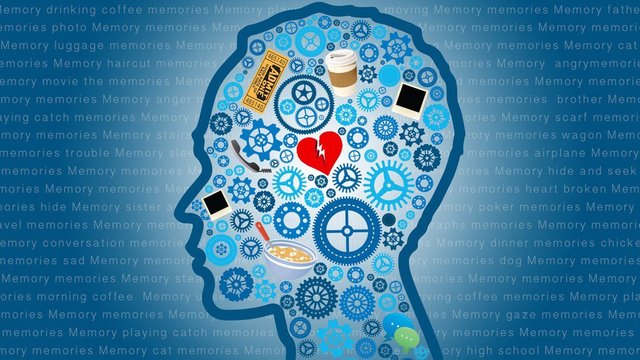In a recent study from the University of Toledo, doctoral students had to do an experiment where they used a word recall tool, and then asked a question about different aspects of the tool; for example, how many times the participant used the "short-term memory" in forming their answer. Surprisingly, the participants were able to recall four of the words used in the tool, and no words were forgotten! That is an amazing finding, since most people have little or no use for long-term memory, even for extremely simple nouns such as our own name. The reason this occurs is due to the way that our brain works when it is working on complex linguistic situations.
When we are thinking about something, the brain's neurons fire away in a certain order, so that the brain can construct a cohesive answer. But when you are actively engaged in social media use or other forms of activity where you are merely recalling a word, you aren't constructing answers, your neurons fire randomly. This means that when you think about a certain item, you don't connect it to any memory component, and that's why the answer may be random, or indistinguishable from random. This phenomenon is called "word indistinguishability," and is what researchers believe might underlie the surprising results of the study above.
So now we know the answer to the original question: How many words do you need to form an answer? The short-term memory and the long-term memory rely on the same concepts and processes, just with different aspects. Most people use short-term memory for simple facts, such as who graduated from college, how many awards are earned by someone at their job, etc... While this is helpful, it tends to be forgotten easily, leaving a false sense of knowledge, and so it doesn't help with complex answers, which require more effort to encode.
However, the more recent studies suggest that people are using more than just the short-term memory to encode complex social behaviors, and thus, they seem to be encoding both social and non-social aspects of knowledge. This suggests that when you're thinking about something, your brain creates representations that link this information with various aspects of your life and your environment. One of the latest experiments showed that this happens not just in the mind (which scientists call " hippocampus"), but also in the social media, where users were shown photos of their friends while being asked to recall information about this friend from their social media account.
In other words, when you're thinking about a photo of your friend from Facebook, your brain has representations of these friends, whether you've met them or not. This means that your long-term memory (working memory) isn't just creating new information, it is also updating the representations that your short-term memory created. What this means is that you have two different memory systems working simultaneously. In addition to affecting your short-term memory (like remembering names), it also affects your long-term memory (like remembering what you learned in school the last time you saw your old professor). Thus, when you're searching for the best restaurant in town, using a social network and the same sources as you would if you were searching for a recipe for grandma's homemade spaghetti, you might be strengthening both your short-term memory (forgetting names of people you know) and long-term memory (foraging through your grandmother's recipe for the next meal).
The study was conducted by two teams of researchers: one from Rice University and another from the University of Glasgow. The researchers had a variety of images to display for participants to remember, including one that was a morphed image of a hand with a phone in its palm, another that was a black and white photograph of a man lying on the beach, and a third that was a still photograph of a man lying on the beach. All of these images were flashed on the screen in random order, and the participants were shown either their own photos or the photos of their friends as they searched through their phone book. When the images that were shown previously were forgotten, the participants were asked to recall as many of them as possible. Interestingly, the results showed that when memory was strengthened by exposure to the relevant images, there was a significant increase in the number of things remembered.

